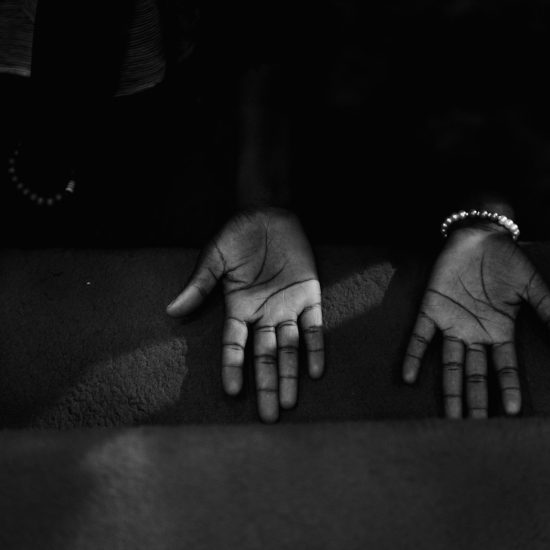
This summer, while vacationing in Yellowstone National Park, I noticed how many tourists were carrying backpacks. In gifts shops, on hiking trails, at rest areas, and convenience stores — backpacks were everywhere. I learned the hard way that not everyone who straps on one of these totes is socially responsible. Let’s just say I was bumped more than once and even saw some merchandise fall from a shelf as a backpack made a wide turn behind its owner. Most of the time the person wearing the pack had no idea of the trail of destruction.

Doyle Sager
I’ve been told by people who love me that when I get tired and hungry, I tend to be impatient with little things. That topic may have come up as we were leaving a visitor center and I muttered, “Why can’t people be more considerate and aware?” And then it happened. My shoulder bag accidentally bumped someone. I was mortified. I had just lost the moral high ground.
Why is it so much easier to see others’ backpack violations? I think Jesus had something to say about fixating on the dust particle in our neighbor’s eye while ignoring the tree limb in our own (Matthew 7:3).
As I discovered in those gift shops, our backpacks always have social impact. I recently heard a businessman tell about an employee who was constantly negative and hateful, poisoning the entire workplace. That’s a good reminder that choosing gratitude is never our private business. It impacts everyone. Conversely, when we break the habit of complaining, those around us are mercifully spared getting bumped by our backpack.
The question is not whether we have baggage; the question is whether we’re aware of it. We all carry invisible backpacks which impact others — even without us knowing about it.

Image by truthseeker08 from Pixabay
A popular credit card commercial repeatedly asks the question, “What’s in your wallet?” We might rephrase it, “What’s in your backpack?” Seething anger? Unfinished grief? A secret addiction? Spiritual doubts? Fear of intimacy? Ever-present shame? Unresolved grudges?
How do we grow our backpack self-awareness? Hopefully, we have a friend or spouse who loves us enough to tell us the truth. Any number of spiritual practices provide mirrors for us to see ourselves more honestly. Professional therapy offers us tools for examining the contents of our backpack, helping us discover ways to carry it more successfully.
The Johari Window is a technique which gives us insights into our relationships with others and ourselves. It consists of four quadrants, assessing how well we are known/not known by others and by self. For many of us, the most helpful corner of the square is named “blind spot.” It represents what others perceive about us but what we do not see ourselves.
Individuals aren’t the only ones who carry backpacks. Churches do, too. Like a tourist unwittingly knocking souvenirs off the shelf, congregations are sometimes unaware of the negative impact their behavior and words have on the surrounding community. Congregations must have the courage to explore what’s inside the bag. And then even more courage is needed to ask the people in that church’s zip code: How do you really see us?
Besides individuals and churches, larger religious bodies also unknowingly carry baggage. Sadly, as organizations grow in size and age, the blind spots become larger. I once heard a nationally recognized speaker from another faith tradition deliver a powerful address. Frankly, I can’t remember the theme of his remarks. But I do remember his introductory greeting. He said, “I love Baptists for who they think they are.” Ouch.
Once we begin thinking about our invisible backpacks, the applications are endless: Pastors, unaware of their own demons, continually harping on a certain theme; a supervisor at work, overcompensating for her own insecurities by projecting her motives onto employees; parents carrying around anger from their own childhood.
The Apostle Paul reminds us, “Each person will have to carry their own load” (Galatians 6:5, Common English Bible). The word “load” describes a soldier’s backpack, the appropriate equipment needed for journeys and battles.
Having baggage is okay. Just make sure your contents are appropriate and that the straps are secured. And be aware of others. They’re carrying a load, too.






